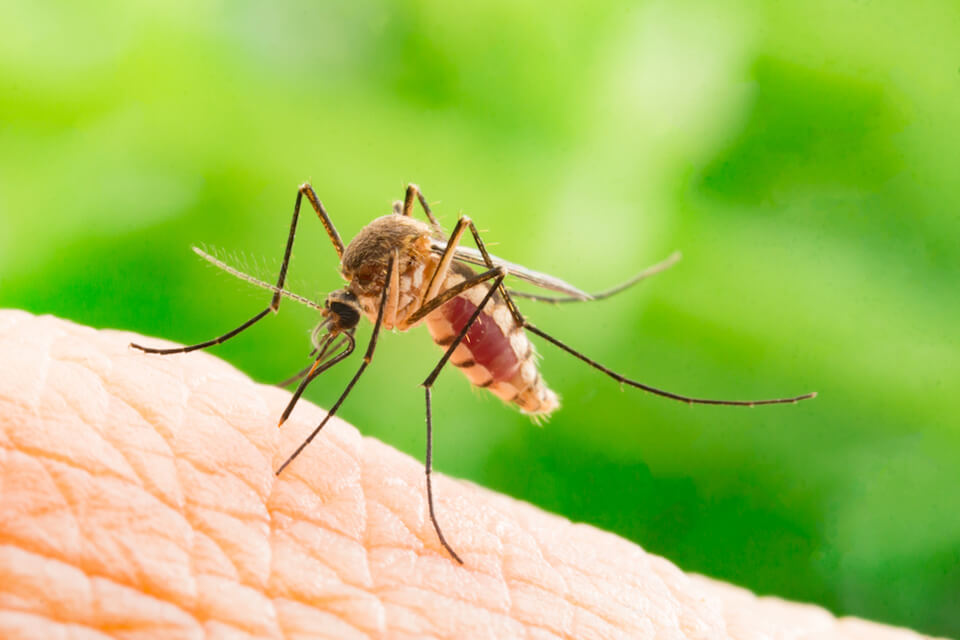The alchemist
VIP

Malaria mosquitoes eliminated in laboratory by modifying genetic makeup to create all-male populations
Deadly diseases like malaria could be combated by modifying the genetic makeup of mosquitoes to create all-male offspring, according to new research.
What do you think would be the precedent and regulatory pathway in which this decision is made if done outside the lab? I think we should eradicate the mosquitoes because it kills hundreds of thousands of people in Africa yearly, and it would not cause a significant ecological problem as only the vectors would be effectively targeted, which is 40 species of a total 3500.
